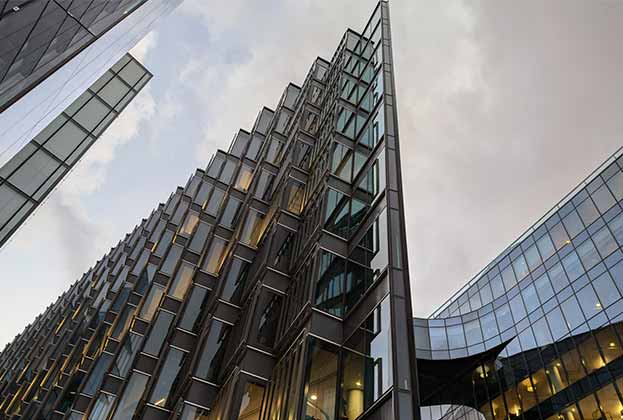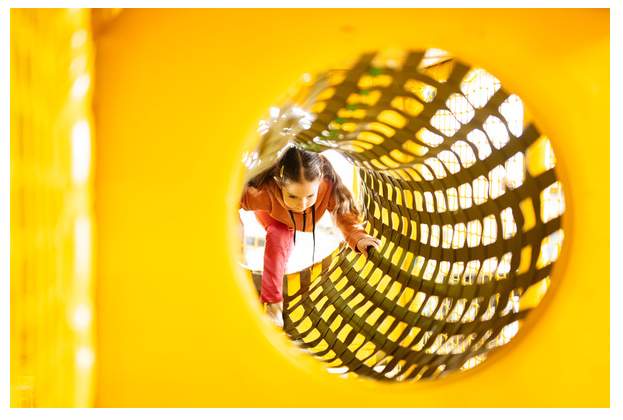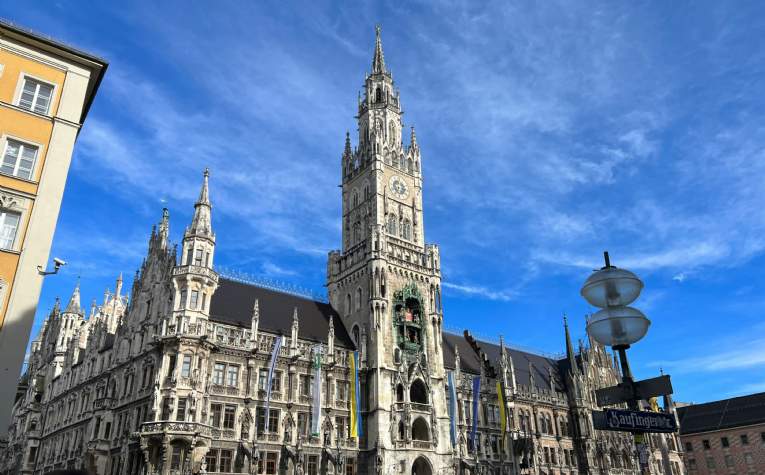It’s no surprise that investors are honing their strategies to fit the world created by Covid-19. Below are four of the new trends emerging across Europe.
Retail parks renaissance
Relative to other retail classes, these assets have proved to be Covid-19 secure. Shoppers can drive to them to buy products - such as tools, bulky furniture and medicine - that they’re less likely to purchase online.
Statista reports footfall declines across retail in 2020 were less dramatic for retail parks, while British Land has said that its retail park footfall and sales are climbing once again.
In core western markets, demand is rising for grocery-anchored parks. The sector’s robust dynamics and solid tenant covenants make them a relatively safe haven. Recent transactions in Germany prove there are deep pools of investors for core product, with pricing driven below gross initial yields of approximately 4.5 per cent. Meanwhile, Mitiska REIM has opened its first Spanish retail park as part of a “resilience” play.
Government-linked income is a port in a storm
Office assets with public occupiers needn’t be pitched in the best location or boast top specifications. The combination of solid covenants and long-term income is sufficient to generate strong demand and an easier ride with ever-more forensic investment committees.
With public-sector institutes offering reliable long-term contracts and a high probability of lease re-gears, the pandemic pushed more European funds towards buildings occupied by state tenants.
There is competitive bidding for any asset like this. Prices have inflated over the last two years - and that goes for offices built decades ago. In some cases, its appeal can even trump a buyer’s ESG criteria.
Life science occupiers help resuscitate demand for offices
The pandemic underlined the critical nature of the life science and pharmaceutical industries, making these occupiers desirable. Concerns over purchasing an office can be easily countered if it has a pharmaceutical tenant in situ.
While the UK leads this sector in Europe, Switzerland is a hot spot. Zug, Basel and Zurich all boast life science clusters, buoyed by strong government spending on research and development (now an average of 3 per cent of GDP).
Ghent and Leuven in Belgium also draw interest, with the latter’s innovative university (KU Leuven) supporting an ecosystem of academic research.
European funds and US institutions want to develop in areas that promise growth. Private equity is increasingly concentrating on the potential to repurpose existing offices or mixed-used schemes into life science orientated campuses.
Sale and leaseback deals are happening, too. Fidelity’s €54 million purchase of an asset on Leiden’s Bio Science Park, which is home to 150 life science companies, is a recent example of how firms are looking to capitalise upon investor appetite and release equity from their non-core activities.
Iberian hotels back on watch lists
The sun may struggle to shine as restrictions on travel cast shadows on the summer, but growing numbers of value add and opportunistic investors are scouring distressed hotel opportunities in Spain and Portugal.
Until now there hadn’t been the distress that was initially expected; state subsidies supported stricken hospitality businesses and the vaccine rollout looked sure to bring a speedy recovery.
But with Covid cases rising across Europe again, resort hotels in the Mediterranean look vulnerable to government policies once more. It’ll be an interesting market to watch.
Further information
Read more Spotlight: European Investment
.jpg)
.jpg)

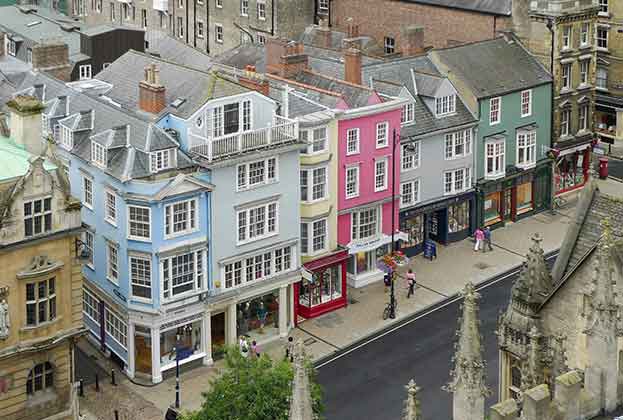
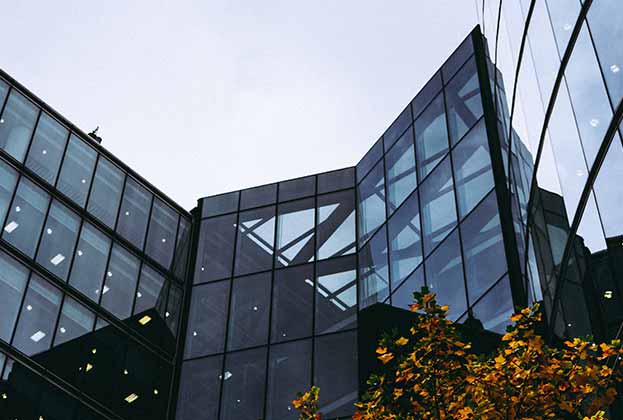
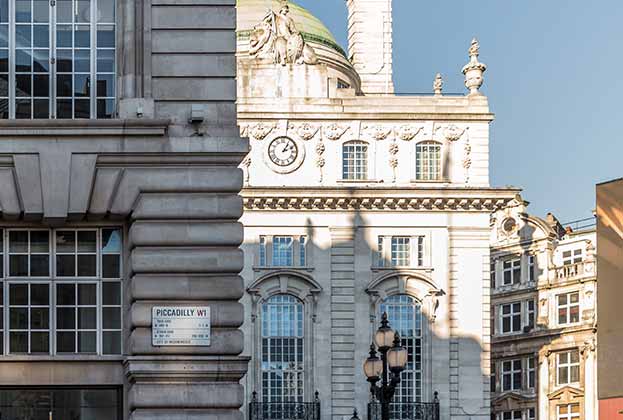
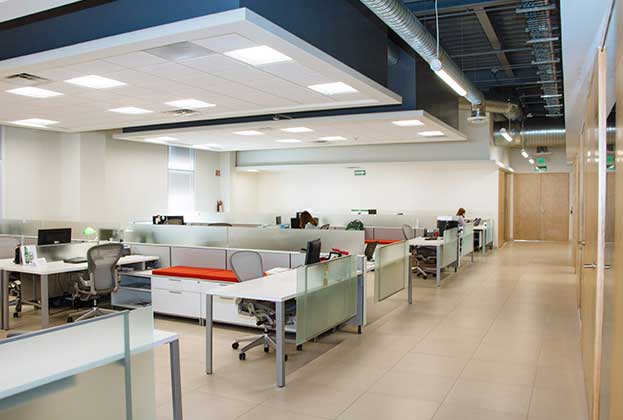
.jpg)
